January 2021
AERA has announced 22 recipients of the Dissertation and Research Grant Awards. Recipients are studying salient and relevant topics in education research and STEM such as science learning, early childhood development and mathematics skills, LGBTQ issues in schools, teacher and student school experiences, and outcomes of education policies and practices. The recipients are selected through and supported by the AERA-NSF Grants Program, which has been funded by the National Science Foundation since 1990.
These scholars are using federal data sets such as the Early Childhood Longitudinal Study, the National Assessment of Educational Progress (NAEP), the High School Longitudinal Study, and the U.S. Census, as well as Statewide Longitudinal Data Systems from California, Tennessee, and Texas. These studies use rigorous quantitative methods and advanced statistical techniques to examine topics and issues in education research.
The grants provide advanced graduate students with $25,000 for one year as they write up their research and early career scholars with up to $35,000 for a two-year study. In addition, scholars participate in professional development and training activities aimed at building their research capacity and encouraging the use large-scale data in education research.
Since 1990, the AERA-NSF Grants Program has supported of over 600 graduate students and early career scholars as they launched their careers and developed their research agendas in STEM education research.
“The AERA-NSF Grants Program provides outstanding training and support for graduate students and early career researchers using large-scale data to study STEM and other education research topics” said Barbara Schneider (Michigan State University), chair of the program’s Governing Board. “For over three decades, the program has developed new scholars in education research and produced numerous publications that inform our understanding of education practices, policies, and phenomena.”
Current and former AERA-NSF Grants Program recipients will present their research in poster sessions during the 2021 Virtual AERA Annual Meeting. For more information about the grants program visit the AERA website. The next proposal deadline for Dissertation and Research Grants will be in spring 2021. The tables below list the Dissertation and Research Grant recipients who have commenced their awards in 2020.
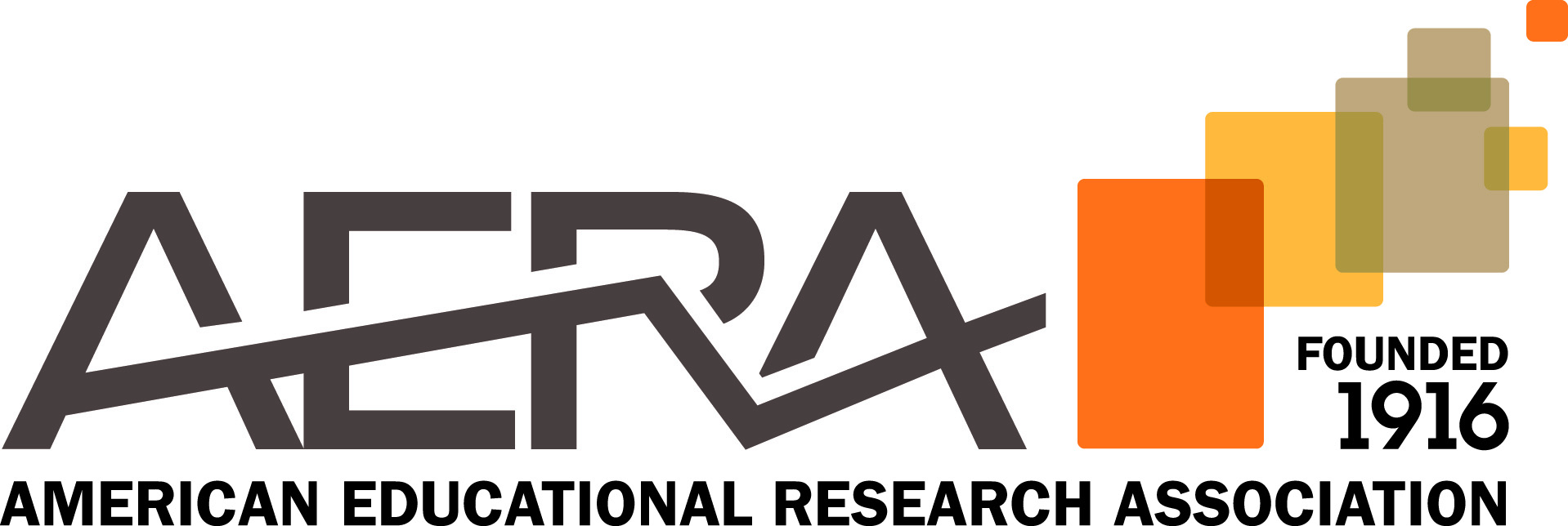

| New AERA-NSF Grants Program Dissertation Grantees |
|
Recipient
|
Project Title |
|
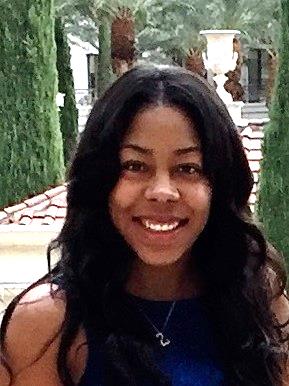
Lynneah Brown
Pennsylvania State University
|
Impacts of Tennessee's Performance-Based Funding Policy on STEM Degree Production at Four-Year Universities: A Longitudinal Analysis Using a Difference-in-Differences Design |
|
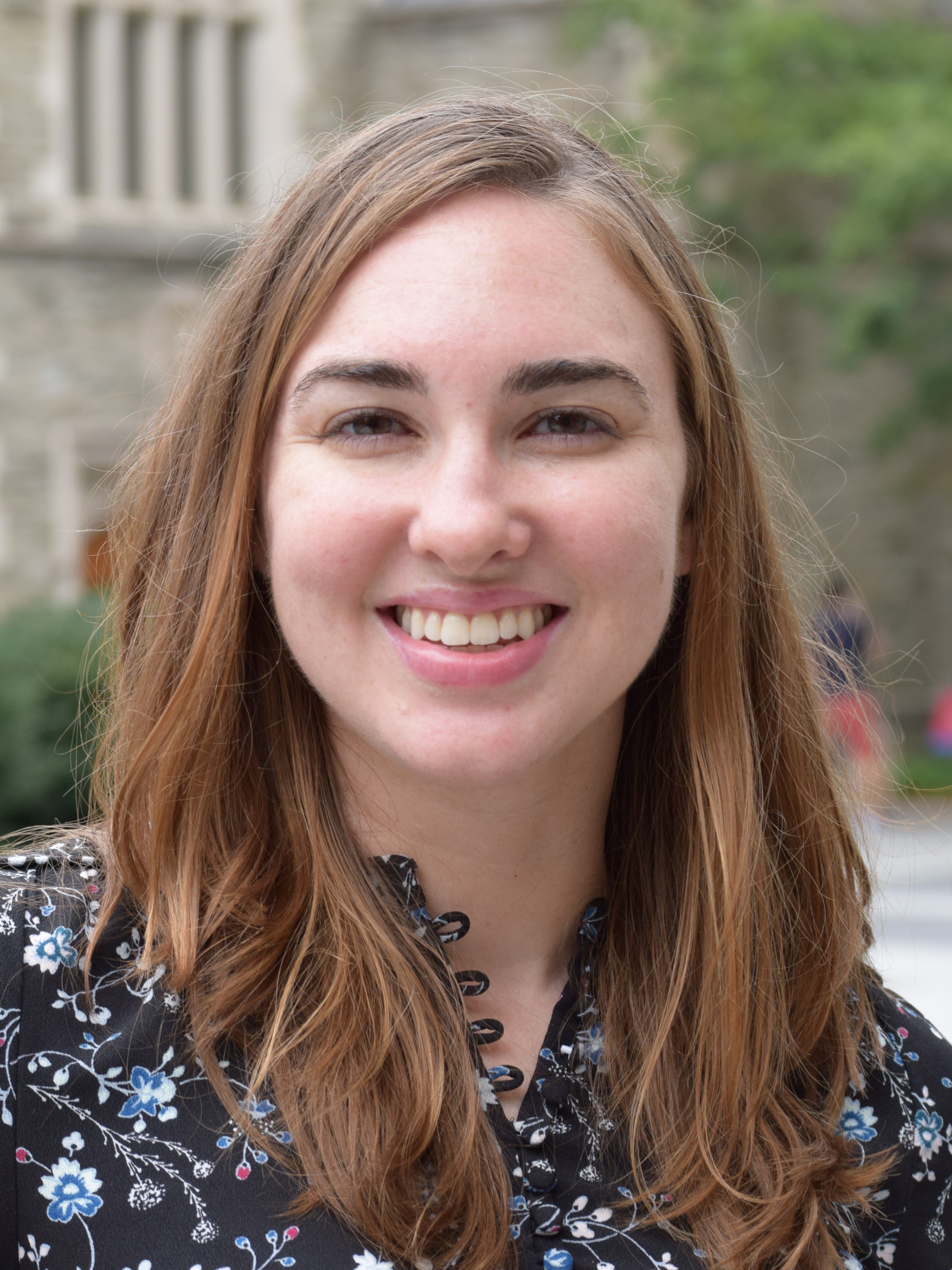
Kennan Cepa
University of Pennsylvania
|
Substitute or Supplement? Parent Loans for Undergraduate Students (PLUS) and the Implications for Inequality |
|
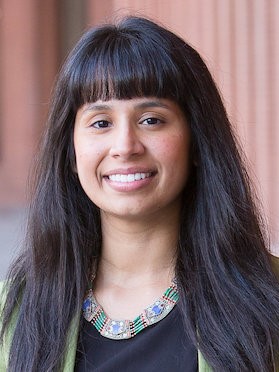
Tasminda Dhaliwal
University of Southern California
|
No Place Like Home: A Study of the Contextual Factors Shaping Experiences of Student Homelessness and the Effects of Affordable Housing Development on Homeless and Mobile Students |
|
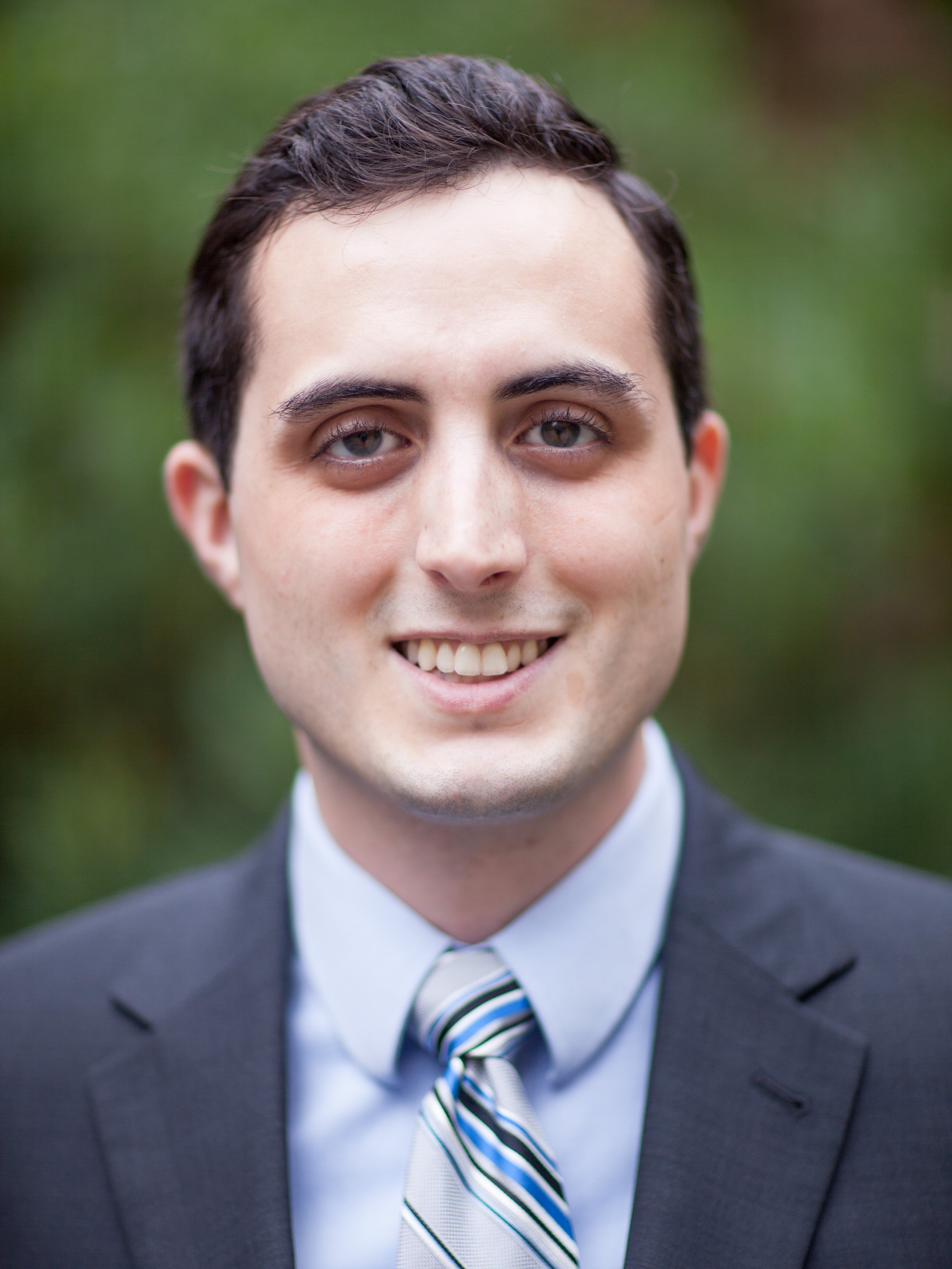
Brian Fitzpatrick
University of Notre Dame
|
“Math People" Need Not Apply: Mathematics Achievement, Math Self-Efficacy, and Gender in the Selection into Elementary Education and Its Effect on Student Learning |
|

Jill Gandhi
New York University
|
How Families' Resources, Constraints, and Contexts Influence Their Children's Early Care and Education Experiences |
|
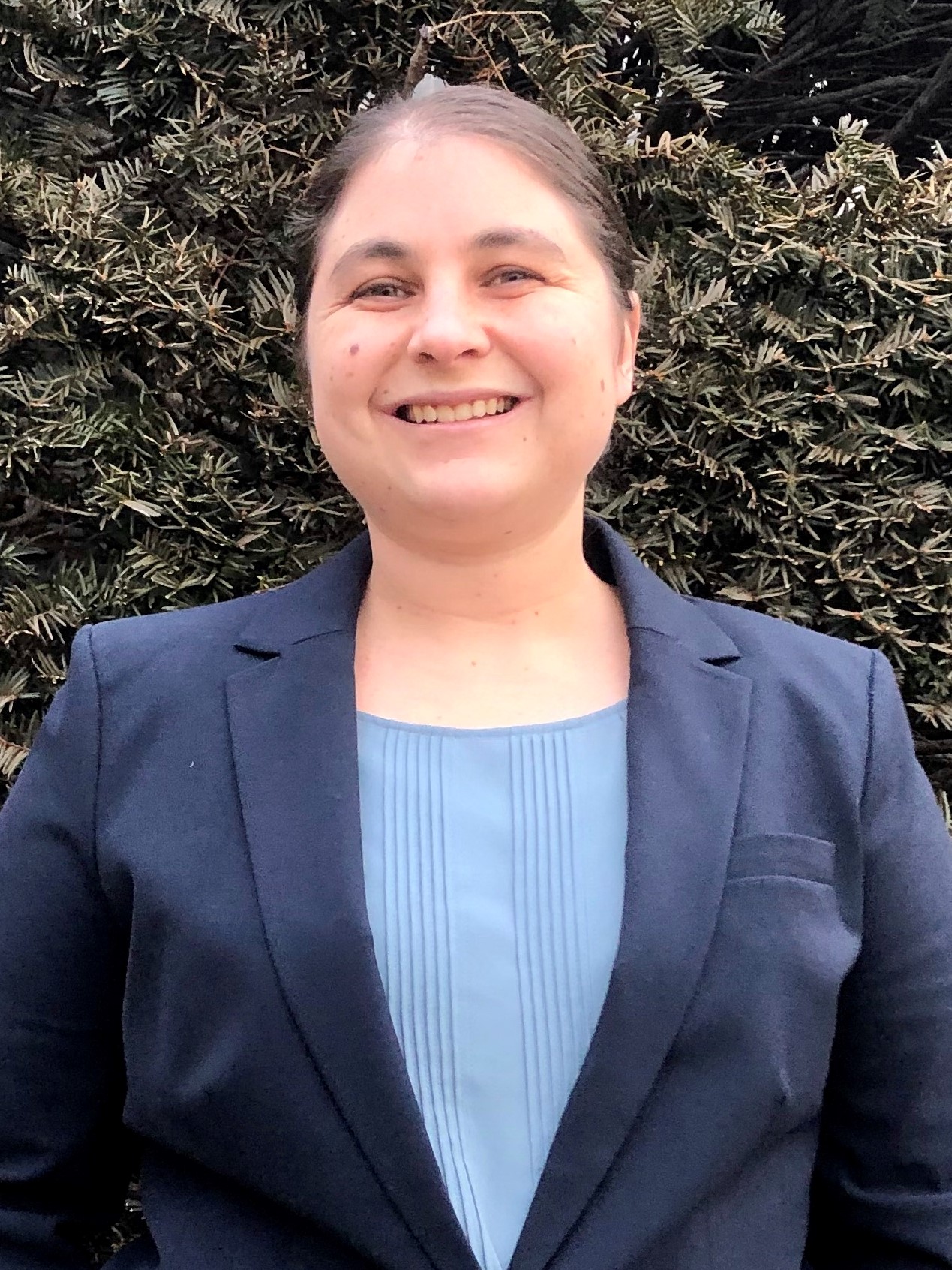
Sophie Litschwartz
Harvard University
|
Characterizing Cross-Site Variation in Local Average Treatment Effects in Multisite RDD Contexts with an Application to High School Math Graduation Requirements |
|
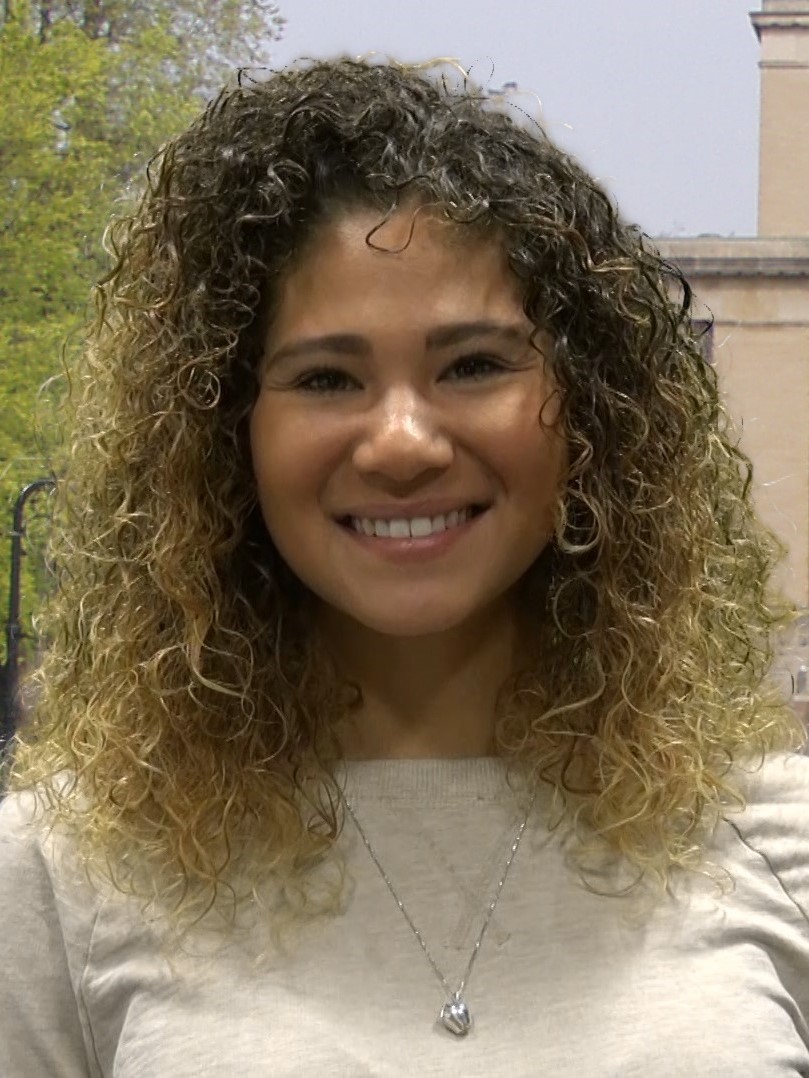
Zoe Mandel
Pennsylvania State University
|
The Principles of Principals: The Impact of School Leader Characteristics on Teacher Turnover |
|
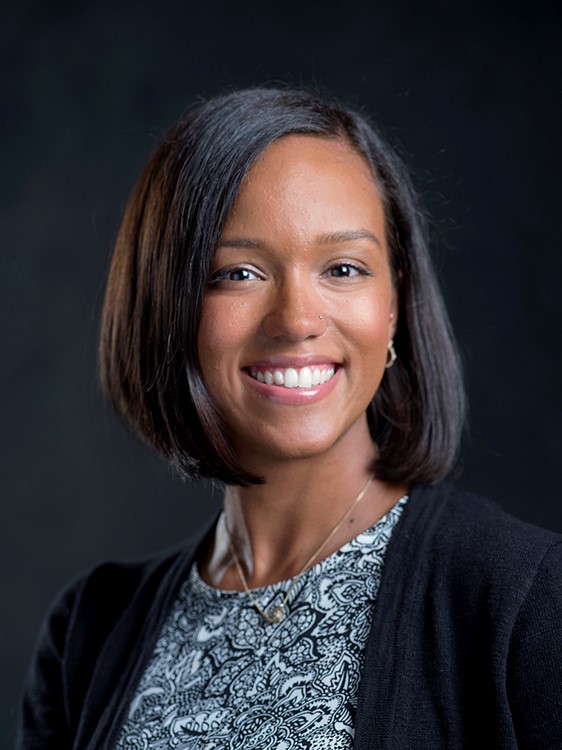
Rachel Perera
Pardee RAND Graduate School
(Joint AERA-Minority Dissertation Fellowship and AERA-NSF Grants Program scholar. )
|
Examining Federal Investigations of Racial Discrimination in School Discipline |
|

Theo Pippins
Teachers College, Columbia University
|
Nudges to College Access: Does SAT Testing Improve College Enrollment and Choices for Disadvantaged Students? |
|

Kirsten Slungaard Mumma
Harvard University
|
Language Skills and Immigrant Success |
|

Yangyang Wang
Pennsylvania State University
|
Do Inhibitory Control Difficulties Help Explain Peer Victimization in U.S. Elementary Schools? |
|

Jeremy Wright-Kim
University of Pennsylvania
|
Enrollment and Revenue: An Exploration of the Community College Baccalaureate |
|

Qing Zhang
University of California, Irvine
|
Addressing Challenges to the Scale-up of Effective Early Childhood Programs in the Changing Landscape of Early Childhood Education |
| New AERA-NSF Grants Program Research Grantees |
|
Recipient
|
Project Title |
|
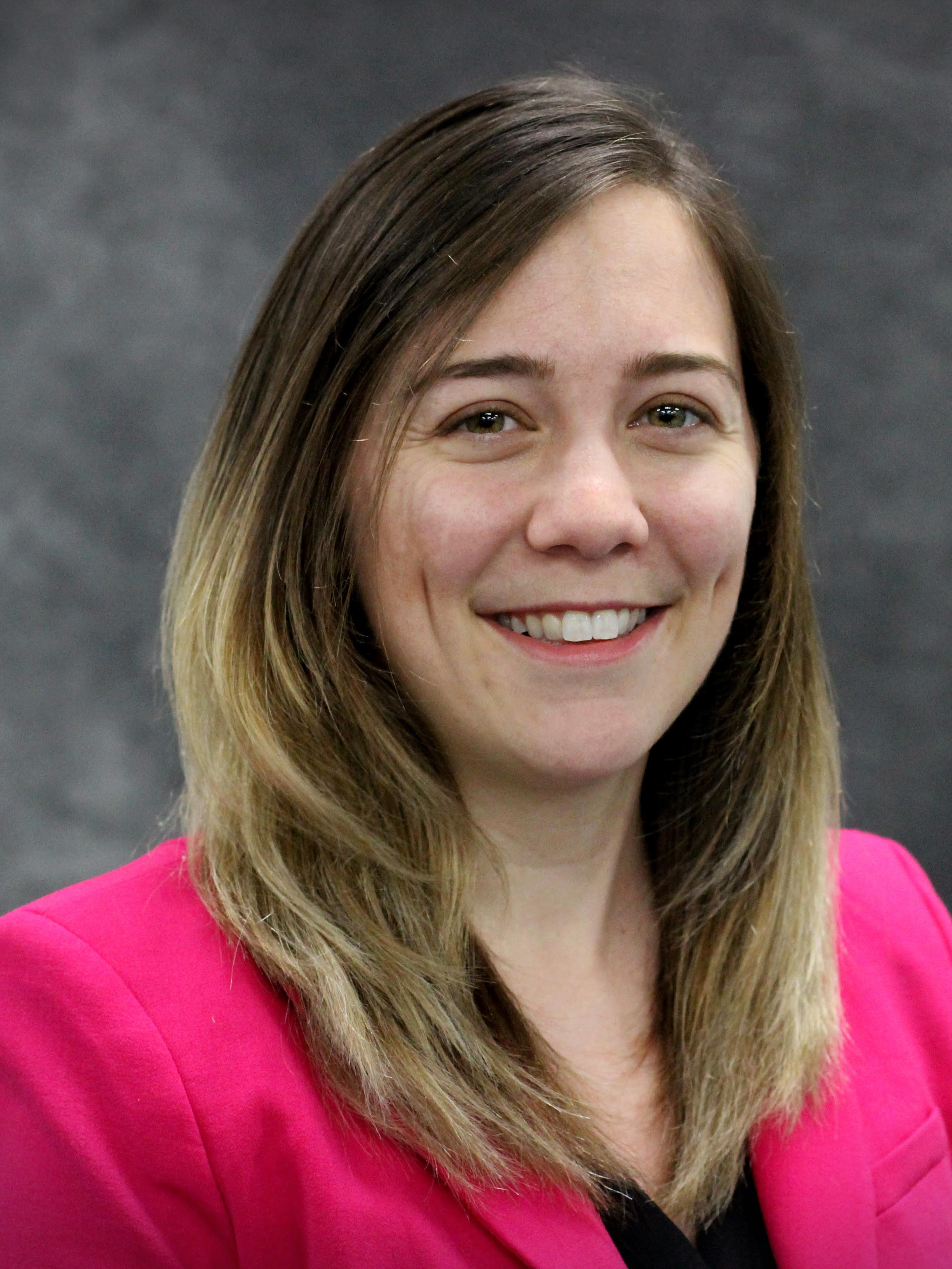
Emily Daubert
University of Hawaii
|
Dual Language Learning, Working Memory, and Math Achievement in Kindergarten |
|
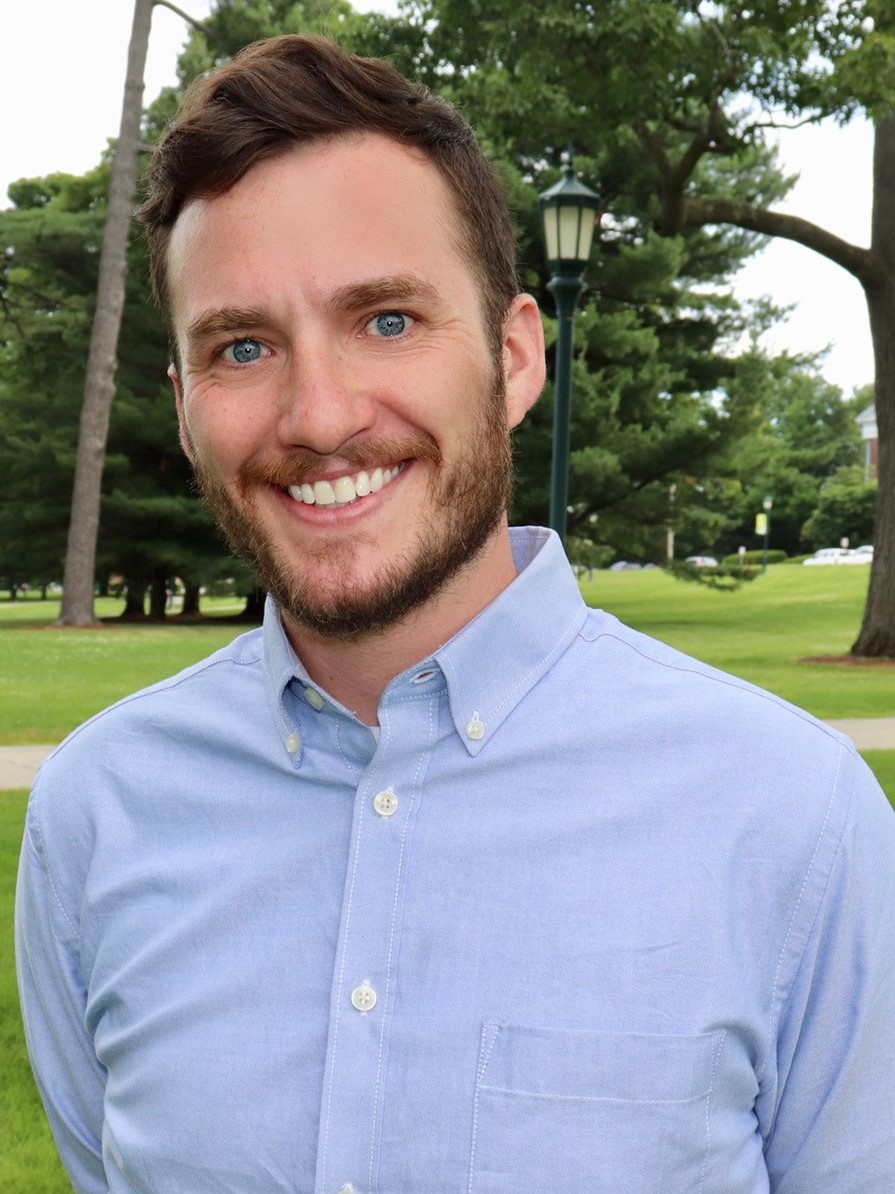
Jason Garvey
University of Vermont
|
Queering Student Success: Exploring Structural Relationships for QT Student College Enrollment |
|

Bryan Keller
Teachers College, Columbia University
|
Assessment and Demonstration of Methods for Estimating Heterogeneous Treatment Effects with Large-Scale Observational Data |
|
 Jihyun Kim Jihyun Kim
(Co-Principal Investigator)
Lehigh University
|
 Esther Lindström Esther Lindström
(Principal Investigator)
Lehigh University
|
Effects of Dual Licensure on Student Mathematics Achievement |
|

Michael Little
North Carolina State University
|
Estimating the Relationship Between Preschool Attendance and Executive Function in Elementary School |
|

Scott Peters
University of Wisconsin, Whitewater
|
Equity in Advanced Learning: What Makes for a Successful School? |
|

Elizabeth Rivera Rodas
Montclair State University
|
The Impact of Gentrification on Mathematics Achievement of Latino High School Students
|
|

Jacqueline Sims
Boston University
|
Prospective Links between Maternal Depressive Symptoms and Children's School Readiness Skills and Well Being among Black/African American Families: Early Care and Education as a Protective Resource
|